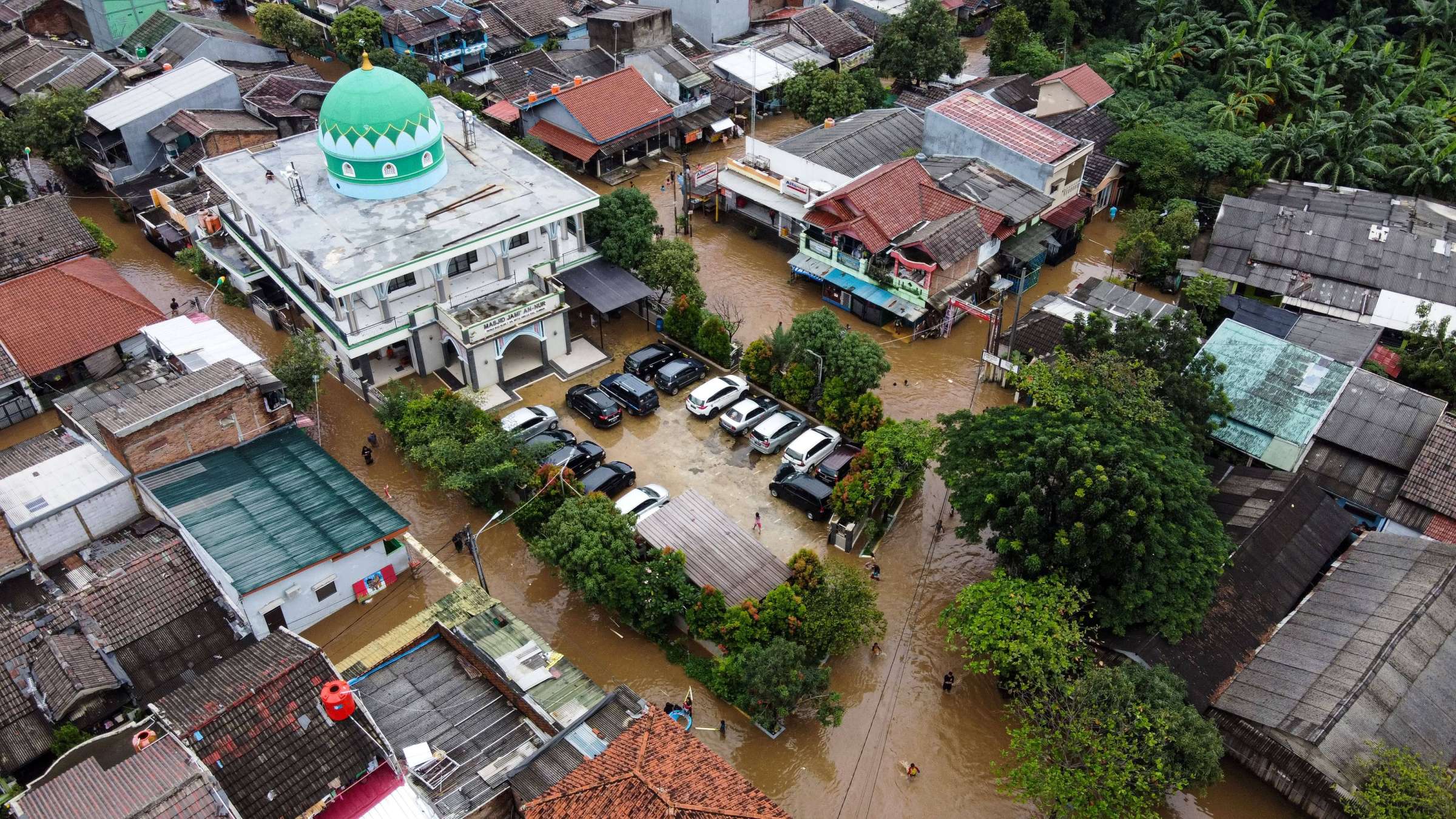MHEWC-III Status, gaps and ways forward - Thematic perspective: Governance & inclusive early warnings
Session objectives
The purpose of the session is to explore how policy, legal and regulatory frameworks and institutional arrangements might best be developed to support the inclusive multi hazard early warning systems of tomorrow. The session will examine through first-hand experience how we currently implement inclusive governance with regard to early warning systems. A number of speakers from local communities, National Disaster Management Agencies (NDMAs), Meteorological Agencies, and governmental institutions will share current processes, best practices, and challenges from their experience in the field of inclusive early warning and early action. Building upon this and through a collaborative process, the session will then explore what the early warning and early action systems of tomorrow might look like and how these systems can be enhanced through inclusive governance.
Early-warning systems enable communities, businesses, managers of services, and facilities (e.g., schools, health facilities, or dams.) to better understand the risks and hazards they face and take action to protect themselves, their assets and services in the event of an oncoming crisis, saving lives and livelihoods, and minimizing disruptions. In order to fulfill their purpose, early warning systems need to reach the population at large and multiple end-users, including vulnerable groups such as persons with disabilities, the elderly, and low literacy and linguistic minorities, providing different groups and users with actionable information relevant to their realities. These people are often excluded from decision-making processes within local and national systems and governance arrangements, and as a result, they experience unequal access, their needs are not always adequately met and they are not enabled to take preventative action.
Overarching governance framework for people center multi-hazard early warning systems are essential to driving effective and inclusive early warning systems. Good governance frameworks clarify roles and responsibilities across the key components of early warning systems1 and should enable transparency, equity and inclusiveness, coherence, responsiveness, effectiveness and efficiency, and accountability for results.
Format
The session invites four panellists to deliver their accounts of developing governance around inclusive early warnings through a panel discussion and Q&A led by the session moderator. This will be followed by a collaborative future-looking exercise to imagine the early warning systems of tomorrow. The session will conclude with an interactive Q&A where all participants will be invited to pose questions to the panel.
Guiding questions
-
When we talk about inclusive early warning systems, how do we currently define inclusive governance?
-
How might we build upon this definition to enhance inclusivity in the early warning systems of tomorrow?
-
What are the best avenues for how the private sector can play a role in the further development of inclusive early warning systems?
-
Which civil society, communities, public sector, private sector partnership arrangements are required for building inclusive early earning early action systems?
Key Results
-
Review the current state of governance arrangements for inclusive multi hazard early warning - early action systems.
-
Identify pathways for enhancing inclusive governance for people-centered effective early warning and early action systems.
Documents
Learn more
The First Multi-Hazard Early Warning Conference (MHEWC-I): Saving Lives, Reducing Losses was organized by IN-MHEWS and took place on the 22nd and 23rd of May 2017 in Cancún, Mexico, as a pre-event to the Fifth Session of the Global Platform for Disaster Risk Reduction in 2017 (GP2017). The Second Multi-Hazard Early Warning Conference (MHEWC-II) took place on the 13th and 14th of May 2019 as a pre-event to the Sixth Session of the Global Platform for Disaster Risk Reduction (GP2019) at the Headquarters of the World Meteorological Organization (WMO) in Geneva.
Building on the progress and achievements of the first two conferences, the Third Multi-Hazard Early Warning Conference (MHEWC-III) is planned to take place 21-22 May 2022 at Bali Nusa Dua Convention Center, Bali, Indonesia. MHEWC-III provides a unique opportunity to review key accomplishments, share skills, experience, and expertise within an active MHEWS network. Attendees will exchange and explore how the community can scale efforts in MHEWS implementation to better deliver on the aspirations of MHEWS the Sendai Framework, Paris Agreement, and Sustainable Development Goals. Moreover, practical training opportunities to support and enhance understanding and utilization of key advances in science will be organized. Training is envisioned to include modules on artificial intelligence, new data sources/information, communication standards / technologies, monitoring and evaluation to track the effectiveness of MHEWS.

Agenda
Location
BICC First Floor
Online access
Participation
Open to those registered for the conferenceInterpretation
FR, ESDetails
Contact
On behalf of the co-chairs of IN-MHEWS (UNOOSA/ UN-SPIDER and WMO), [email protected]
